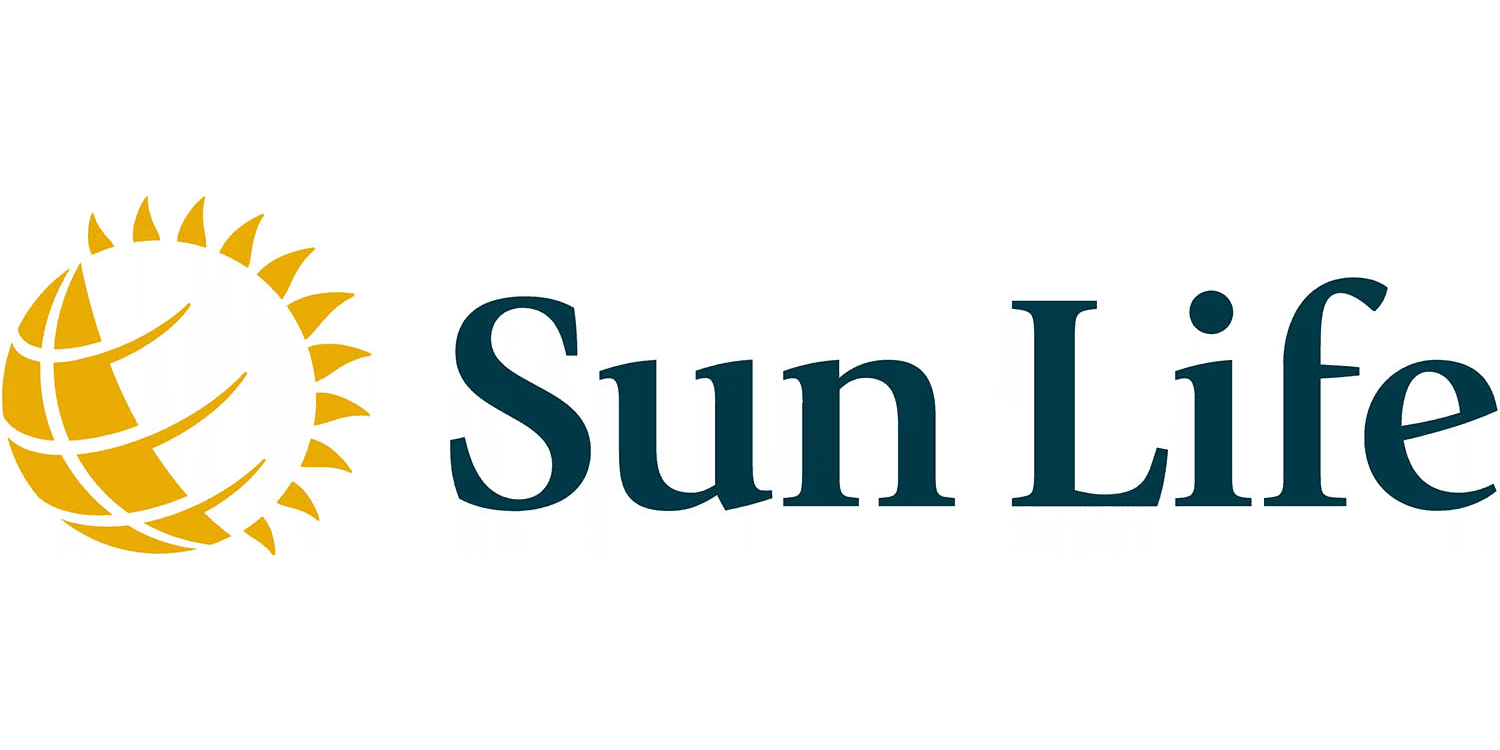Understanding Individual Health Insurance
Individual health insurance is a policy that a person purchases for themselves and their family. Unlike group health insurance, which is typically offered by employers, individual health insurance is bought directly by individuals through private insurance companies or health insurance marketplaces. This type of insurance provides coverage for medical expenses, including doctor visits, hospital stays, surgeries, and preventive care.

Table of Contents
Sun Life Insurance Claim: A Comprehensive Guide 2024
Sun Life Insurance Claim: A Comprehensive Guide 2024 Navigating the process of filing an insurance c…
Professional Liability Insurance: Best Guide 2024
A Comprehensive Guide to Professional Liability Insurance (Errors & Omissions) Professional liab…
Understanding TATA AIG Insurance: A Comprehensive Guide 2024
Regarding securing the future, nothing stands out quite like insurance. It’s the comforting cushion …
Understanding Ladder Life Insurance 2024: Climbing the Rungs of Financial Security
Ladder Life Insurance: When it comes to securing your financial future and providing for your loved …
Best Guide to Motorcycle Insurance 2024
A Comprehensive Guide to Motorcycle Insurance Motorcycle insurance is essential for protecting rider…
Allstate Car Insurance: Comprehensive Coverage and Benefits 2024
Allstate Car Insurance, one of the largest insurance providers in the United States, offers a range …
Importance of Individual Health Insurance
Individual health insurance is essential for several reasons:
- Access to Healthcare: It ensures access to necessary healthcare services, enabling individuals to seek medical attention without worrying about the cost.
- Financial Protection: It provides financial protection against high medical costs. Without insurance, a severe illness or injury can lead to significant financial strain.
- Preventive Care: Many individual health insurance plans cover preventive services such as vaccinations, screenings, and annual check-ups, promoting overall health and well-being.
- Peace of Mind: Having health insurance offers peace of mind, knowing that you are covered in case of unexpected medical issues.

Types of Individual Health Insurance Plans
When purchasing individual health insurance, it’s important to understand the different types of plans available. The primary types include:
1. Health Maintenance Organization (HMO) Plans
HMO plans require members to receive healthcare services from a network of designated providers. These plans often emphasize preventive care and usually require a primary care physician (PCP) referral to see specialists. While HMO plans tend to have lower premiums and out-of-pocket costs, they offer less flexibility in choosing healthcare providers.
2. Preferred Provider Organization (PPO) Plans
PPO plans offer more flexibility in choosing healthcare providers. Members can see any doctor or specialist without a referral, although using in-network providers typically results in lower costs. PPO plans usually have higher premiums and out-of-pocket expenses compared to HMO plans.
3. Exclusive Provider Organization (EPO) Plans
EPO plans combine elements of HMO and PPO plans. Members must use the network’s healthcare providers, except in emergencies, but they do not need referrals for specialists. EPO plans generally have lower premiums than PPO plans but offer less provider flexibility.
4. Point of Service (POS) Plans
POS plans are a hybrid of HMO and PPO plans. Members choose a primary care physician and need referrals to see specialists, similar to an HMO. However, they also have the option to seek care outside the network, like a PPO, although at a higher cost.
5. High Deductible Health Plans (HDHPs)
HDHPs are characterized by higher deductibles and lower premiums. These plans are often paired with Health Savings Accounts (HSAs), allowing members to save pre-tax money for medical expenses. HDHPs are suitable for individuals who do not expect frequent medical needs and want to save on premiums.

Choosing the Right Individual Health Insurance Plan
Selecting the right individual health insurance plan involves considering various factors:
- Budget: Determine how much you can afford to pay in premiums and out-of-pocket costs.
- Healthcare Needs: Assess your healthcare needs, including any chronic conditions, prescription medications, and preferred doctors or hospitals.
- Network: Check if your preferred healthcare providers are in the plan’s network.
- Coverage: Review the coverage details, including benefits, exclusions, and out-of-pocket limits.
- Flexibility: Consider how much flexibility you need in choosing healthcare providers and accessing specialists.

The Enrollment Process
To enroll in an individual health insurance plan, follow these steps:
- Research: Compare plans through the health insurance marketplace or directly from insurance companies.
- Apply: Complete the application process, providing necessary information about your health, income, and household.
- Choose a Plan: Select the plan that best meets your needs and budget.
- Pay Premiums: Make the first premium payment to activate your coverage.
Benefits of Individual Health Insurance
Individual health insurance offers numerous benefits:
- Customization: Tailor the coverage to meet your specific needs.
- Portability: Maintain coverage regardless of employment status.
- Access to Preventive Care: Utilize preventive services to stay healthy and detect issues early.
- Financial Security: Protect yourself from the high costs of medical care.
- Tax Benefits: Qualify for tax credits and subsidies if purchasing through the health insurance marketplace.
Challenges of Individual Health Insurance
Despite its benefits, individual health insurance also presents challenges:
- Cost: Premiums and out-of-pocket costs can be high, especially without employer contributions.
- Complexity: Navigating different plans and understanding coverage details can be confusing.
- Limited Networks: Some plans may have restricted provider networks, limiting your choices.
Conclusion
Individual health insurance is a vital tool for securing access to healthcare and protecting against financial burdens due to medical expenses. By understanding the different types of plans and carefully considering your needs and budget, you can choose the right individual health insurance plan to ensure comprehensive coverage and peace of mind.






